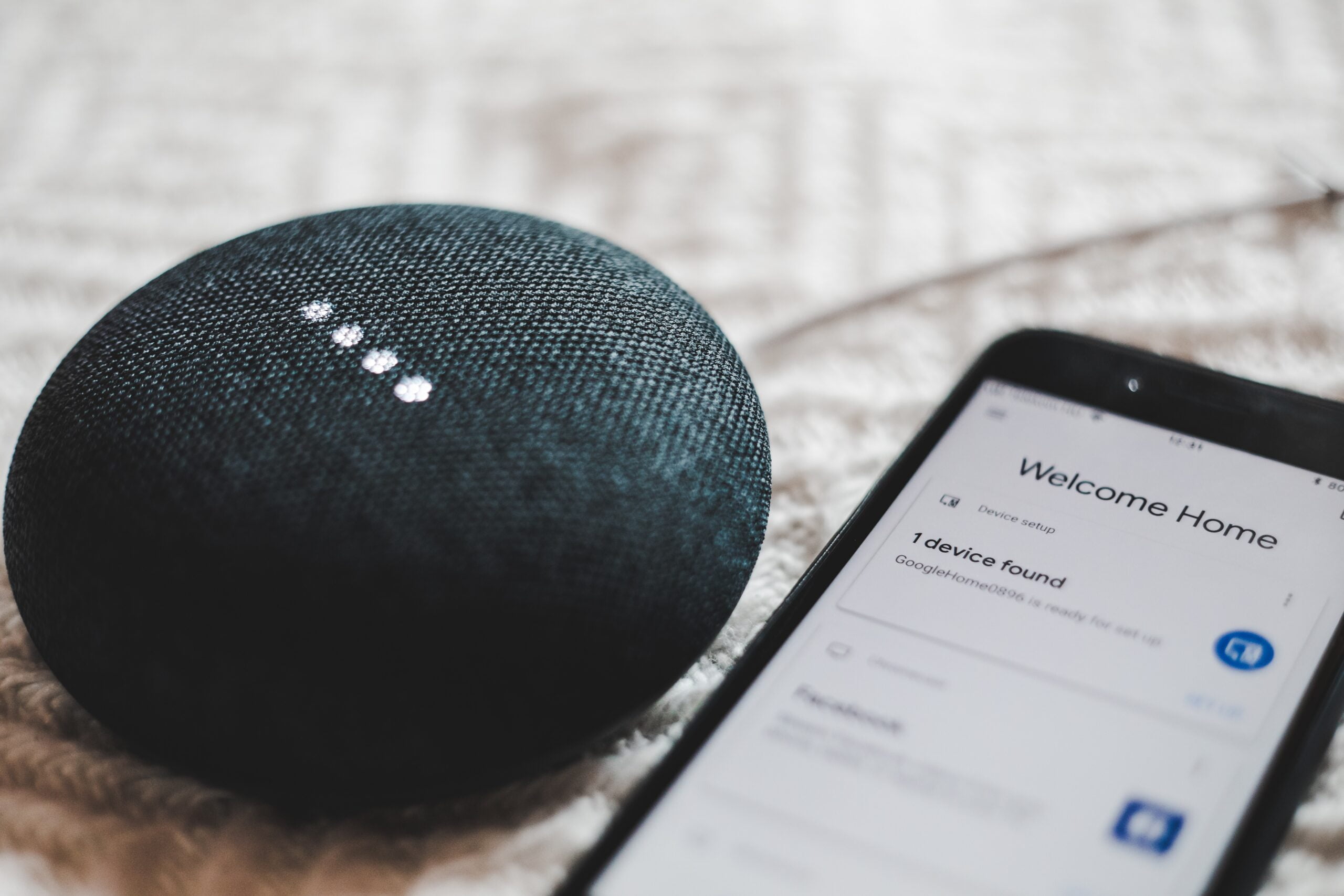Google brings together dialog AI Bard and its Assistant - Report

Chatbots are still mostly confined to outdated chat interfaces. But it may not be long before they become more present in everyday life with voice systems like Google's Assistant.
Who would have thought that in 2023 a text box in an online chat would be the new hot shit? Twenty years ago, we might have been thinking about brain interfaces; five years ago, XR headsets.
But thanks to the advanced language understanding of large language models like GPT-4, the dusty Assistants, Alexas, Siris, and the like may soon experience a renaissance that brings them much closer to their original vision.
Bard and Assistant Teams getting closer
According to CNBC, Google is in the process of reorganizing its Assistant team with a focus on the conversational AI Bard. This is according to internal emails obtained by CNBC.
Sissie Hsiao, vice president and head of the Google Assistant business unit, emphasized in a memo that the Assistant team should prioritize Bard technology going forward.
"As the Bard teams continue this work, we want to ensure we continue to support and execute on the opportunities ahead," Hsiao said in the memo. "This year, more than ever, we have been focused on delivery with impact to our users."
This suggests that Google plans to integrate Bard's chat technology into the Assistant.
Is Google about to play its Android ace?
This isn't unexpected: Google has already shown early demos of LaMDA, the AI model behind Bard, in Assistant-like question-and-answer scenarios. Combined with the Assistant's powerful speech recognition, this could make fluent conversations with the computer possible for the first time.
Given the competition from ChatGPT and Microsoft, Google should have a strong interest in integrating Bard natively into Assistant as soon as possible. With hundreds of millions of compatible Android smartphones worldwide that already have the Assistant preinstalled, Google's large hardware base could give it an advantage in the AI race.
A seamless transition between audio Assistant dialogs on smartphones or Google's Nest speakers and text chat on PCs and notebooks could be a potential competitive advantage over ChatGPT, which is currently only available via text in the browser.
However, OpenAI is also rumored to be working on a ChatGPT app that would likely offer speech recognition and could run on both iPhones and Android smartphones.
Google pushes back against ChatGPT data misuse rumors
Meanwhile, Google is denying claims by tech research site The Information that it used ChatGPT texts to train Bard. Google researchers allegedly extracted ChatGPT-generated text from the ShareGPT website. Using this data for AI training would violate OpenAI's terms of service.
The cat is finally out of the bag – Google relied heavily on @ShareGPT's data when training Bard.
This was also why we took down ShareGPT's Explore page – which has over 112K shared conversations – last week.
Insanity. pic.twitter.com/34WiLQBD4V
— Steven Tey (@steventey) March 30, 2023
Similarly, Stanford researchers reportedly trained an AI model to a ChatGPT-like level with little effort. However, Google spokesman Chris Pappas stresses that neither ChatGPT nor ShareGPT data is included in Bard.
AI News Without the Hype – Curated by Humans
As a THE DECODER subscriber, you get ad-free reading, our weekly AI newsletter, the exclusive "AI Radar" Frontier Report 6× per year, access to comments, and our complete archive.
Subscribe nowAI news without the hype
Curated by humans.
- Over 20 percent launch discount.
- Read without distractions – no Google ads.
- Access to comments and community discussions.
- Weekly AI newsletter.
- 6 times a year: “AI Radar” – deep dives on key AI topics.
- Up to 25 % off on KI Pro online events.
- Access to our full ten-year archive.
- Get the latest AI news from The Decoder.